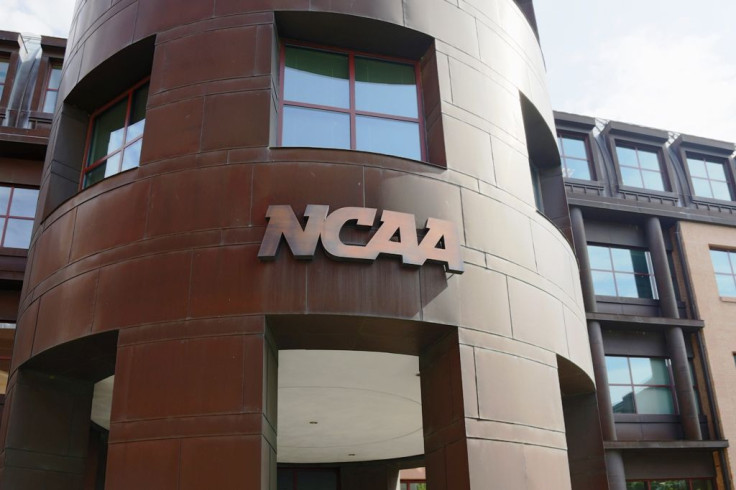NCAA Concussion Lawsuit: Former Football Players Allege Association Mishandled Concussion

The National Collegiate Athletic Association is facing 13 more class-action lawsuits related to its handling of concussions, according to reports on Wednesday. The total number of lawsuits against the NCAA now stands at 43.
Former players from 13 universities around the country, including from Texas, California, Maryland, Virginia, Idaho, South Carolina, Mississippi, New York, Pennsylvania, Georgia, Indiana, Alabama and Iowa, sued the NCAA, according to the Associated Press. The players alleged that they sustained injuries after management failed to handle concussions they suffered while playing college football.
Edelson PC, a Chicago-based law firm, filed the lawsuits on behalf of the players, and college conferences along with some schools are also named in the complaints.
Tom Sullivan, a former University of California Los Angeles football captain who played 35 games between 1979 and 1982, was one of the plaintiffs. He alleged he had over 20 concussions during his college career.
“As a result of these injuries, Sullivan now suffers from memory loss, a decline in cognitive functioning, light sensitivity, anxiety, headaches and other debilitating issues,” the complaint said, according to the Los Angeles Times.
Frederick Pettus, a former football player from University of Richmond, claimed he sustained at least five severe concussions that forced him to end his career. He is seeking damages for injuries caused “by their [the NCCA’s] reckless disregard for the health and safety of generations of student-athletes,” his complaint stated, according to ABC-affiliate WRIC.com.
“As a result, Pettus now suffers from depression, dizziness, fatigue, irritability, memory loss, numbness and tingling, sleeping disorders, traumatic brain injury, and other debilitating issues,” the lawsuit said.
However, the lawsuits were “mere copycats” and “questionable class actions,” according to Donald Remy, the NCAA’s chief legal officer.
“This strategy will not work,” Remy said in a statement, according to the Times. “The NCAA does not believe that these complaints present legitimate legal arguments and expects that they can be disposed of early by the court.”
In a previous such case, a judge had ruled that one large concussion lawsuit could not be filed against the NCAA.
© Copyright IBTimes 2025. All rights reserved.






















